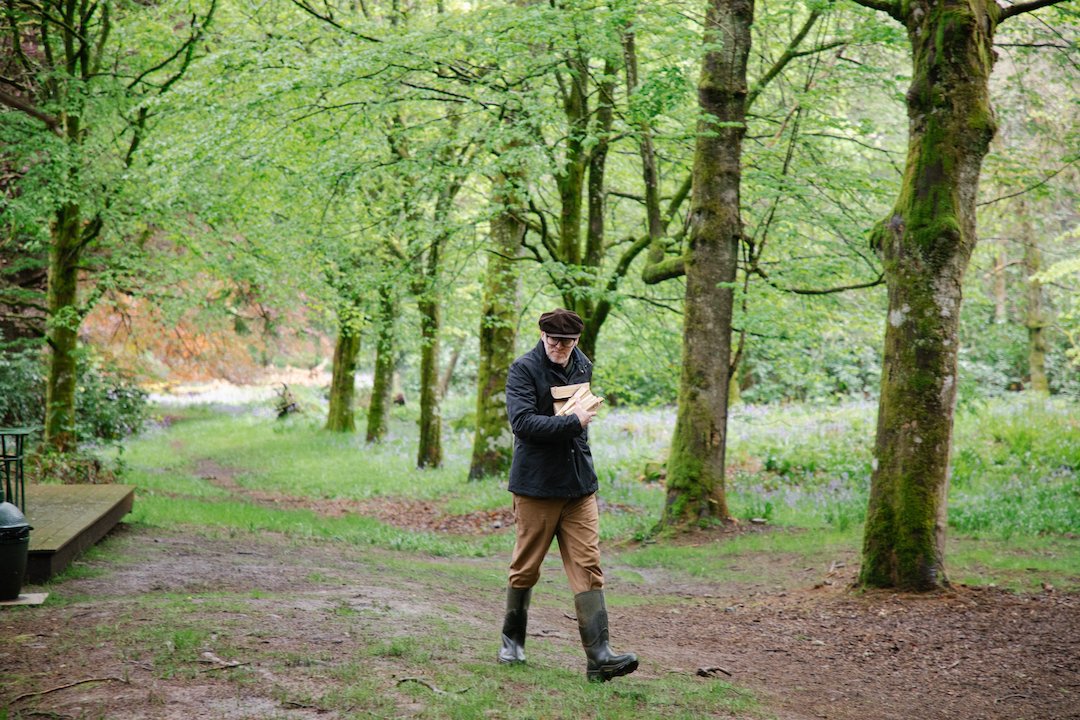How Ancient Philosophy Teaches Us How to Live Well
Tom Hodgkinson is a British writer, commentator, retailer and holder of strong opinions, mainly expressed via The Idler, where he is editor. His books include Business for Bohemians, How to be Free and How to be Idle.
Written by Tom HodgkinsonAround four hundred years before the birth of Christ, an extraordinary man appeared on the streets of Athens. He did not seem to be interested in the matters that concerned his fellow Athenians, things like money, power, status, possessions and winning competitions. He went around barefoot, and asked people to think. He said that the unexamined life was not worth living, and he was liable to go into trances for long periods. He was loved and revered by the most illustrious writers, politicians and soldiers, and may even have been best friends with the governor Pericles’ wife, Aspasia.
His name was Socrates and he did nothing useful with his life whatsoever, but somehow changed the world. Elon Musk, the motor car manufacturer, has said that no one ever changed the world on forty hours a week. You must work at least 90, he maintained, if you want to be effective. Well, Socrates did nought hours.
He wrote nothing down, charged nothing for his lessons and did not appear to work or earn money. He could drink wine all night and appear to be unaffected.
“Socrates can lay claim to being the first idler of history. He was certainly among the very first philosophers, the men who argued that the point of life was not to beat the other guy, but to live a good life, and to be at one with your inner spirit or ‘daimon’.”
Tom HodgkinsonSocrates was put to death by the Athenian authorities who accused him of worshipping false gods and corrupting the youth. Following his death, a number of philosophical schools sprang up to continue his work. They were remarkably influential and still are: I’m thinking about Plato’s Academy, Aristotle’s Lyceum, as well as the Stoics, the Epicureans, the Cynics and the Sceptics. All in their different ways, were attempting to continue the spirit of enquiry and self-examination which Socrates had embodied.
Although it’s true that the Greeks had slaves to do the work, and therefore arguably had the time for philosophy, the idea that we should all carve out some space for idling, for reflection, for doing nothing and for ruminating is just as powerful and important today as it was in ancient Greece.
To be a philosopher is to be, literally, a lover of wisdom. It is to allow oneself to cultivate that other non-material part of life that is nothing to do with money and ambition and ego. The wonderful thing is that it is completely free. All you need to do, as Lennon said, is turn off your mind, relax and float downstream.


